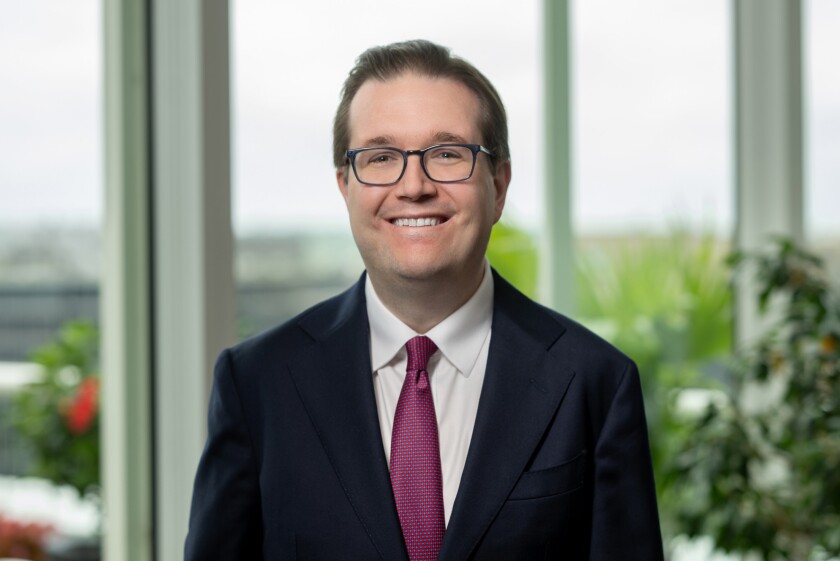A majority of middle-market CFOs are predicting an economic recovery and revenue increases for their companies in 2021, according to a new survey by BDO USA.
The 2021 BDO Middle Market CFO Outlook Survey, found that 60 percent of the 600 CFOs polled at midsized companies anticipate economic recovery, while 56 percent expect revenue increases, in 2021. In addition, 62 percent of the survey respondents anticipate their company will be thriving a year from now.
Nearly three-fourths of the middle-market CFOs said their companies received government assistance as a result of the crisis. Cost cutting and reorganization for resilience are the top priorities for many CFOs.
A 2002 graduate of the University of Kentucky, Nesbitt has worked at newspapers in Kentucky, Indiana, China, South Dakota, Massachusetts, Vermont and South Carolina.
Alex D. Pappas is an associate in Hunton's Insurance Coverage group in the firm's Washington, DC office. He counsels clients on all aspects of insurance coverage, guiding them in obtaining appropriate coverage and resolving disputes over coverage, including in litigation and arbitration.
Michael Burketine is the owner of Burkentine Real Estate Group.
The pandemic made an impact on nearly every company, and 39 percent of the CFOs polled indicate that the pandemic accelerated digital transformation at their companies, while 38 percent said it opened new expansion opportunities for products or services and 31 percent for new geographies.
“Unprecedented was the buzzword in 2020 for good reason,” said BDO USA CEO Wayne Berson in a statement. “Many middle-market companies persevered through levels of transformation and disruption in one year akin to what some companies experience in a full lifecycle. But rather than hunker down and endure, middle market leaders endeavor to move forward to refresh strategy and enhance agility. While we’re not out of the woods, the middle market is poised to pivot to new levels of potential.”
Deal flow was unsteady last year as CFOs assessed and reassessed the possible outcomes of the pandemic’s impact on their business. However, CFOs appear to be more optimistic this year, with 29 percent planning to seek private equity investment, 24 percent want a merger or acquisition and 20 percent hope to pursue an IPO.
While returning to the office or floor is critical for many CFOs, 43 percent of the respondents said they would increase or establish permanent remote work options. Office space is likely to be downsized, with 28 percent of the CFOs polled planning to eliminate or consolidate their current real estate footprint. CFOs also intend to build a more flexible workforce through automation (38 percent) and outsourcing (32 percent).
The main threats cited by the CFOs include a prolonged economic downturn, competitive pressure, supply chain disruption and falling behind on technology or innovation.
Coming out of an election year, tax challenges are also going to be important, with understanding total tax liability (19 percent) and navigating shifting trade and tariff policies (17 percent) among the top challenges cited by the CFOs. Managing disclosures and risk factors is also a top financial reporting challenge as the CFOs try to assess how to communicate impact of COVID-19 on matters that may be material to stakeholders.




